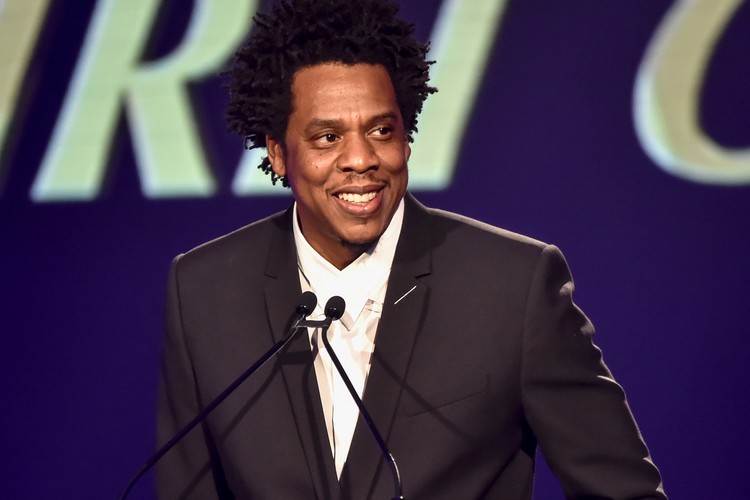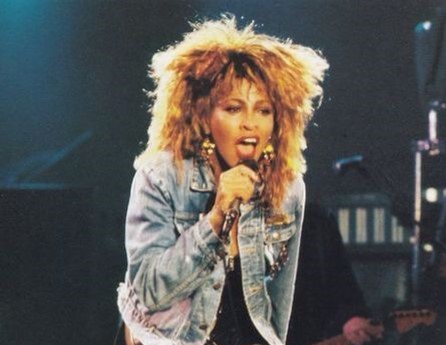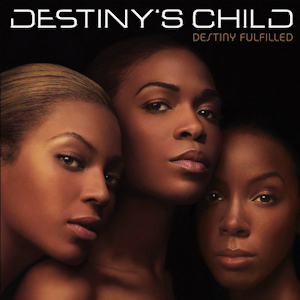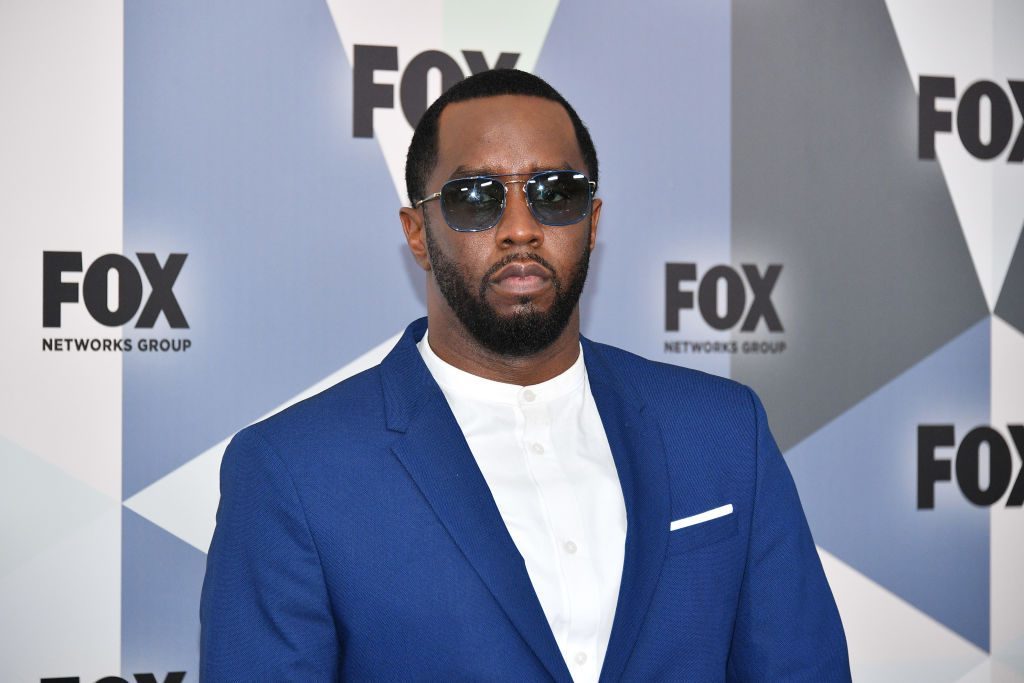04 Dec Jay-Z Turns 50
 Shawn Carter, better known as Jay-Z, was born today in 1969. During the course of his almost-quarter-century career, he has established himself as one of the greatest rappers of all time, a billionaire, and an indelible part of pop culture. Not to mention, he married Beyoncé.
Shawn Carter, better known as Jay-Z, was born today in 1969. During the course of his almost-quarter-century career, he has established himself as one of the greatest rappers of all time, a billionaire, and an indelible part of pop culture. Not to mention, he married Beyoncé.
Literally speaking, Jay-Z is your favorite rapper’s favorite rapper, and the beauty of his career is that — despite being immensely successful — he has never been red-hot. Sure, he has more No. 1 albums than any other rapper (or any other solo artist, for that matter) in history, but he has never been a commercial juggernaut. Like MC Hammer in 1990. Or Will Smith in ’97. Or Nelly from 2000-2003. Or Drake today.
However, what Jay-Z has been able to accomplish is unique. He has achieved and sustained a considerable amount of commercial success for 24 years without ever losing critical acclaim. On most days, I would argue that critical acclaim shouldn’t *really* matter, but in a genre that has been dominated by intruders at different points in the last couple of decades, the critic class is not entirely useless.
Hov is a cultural icon, and his marriage to the world’s biggest star is now an institution onto itself. And while his public image might be taking a bit of a hit right now, his place in history cannot be denied.
Join me in celebrating five decades of Jigga.
“’03 Bonnie & Clyde” (featuring Beyoncé)
“Can’t Knock the Hustle” (featuring Mary J. Blige)
“Empire State of Mind” (featuring Alicia Keys)
“Clique” (with Kanye West & Big Sean)






